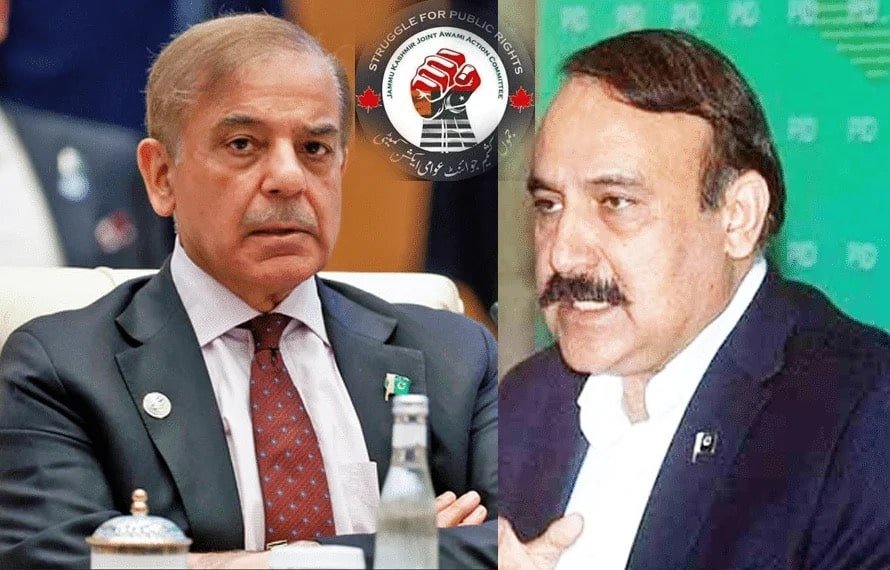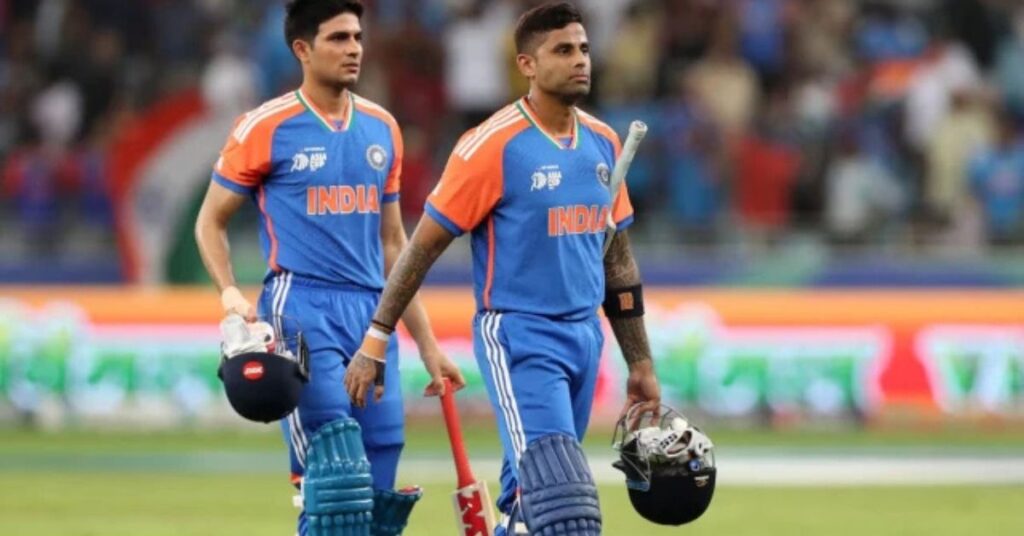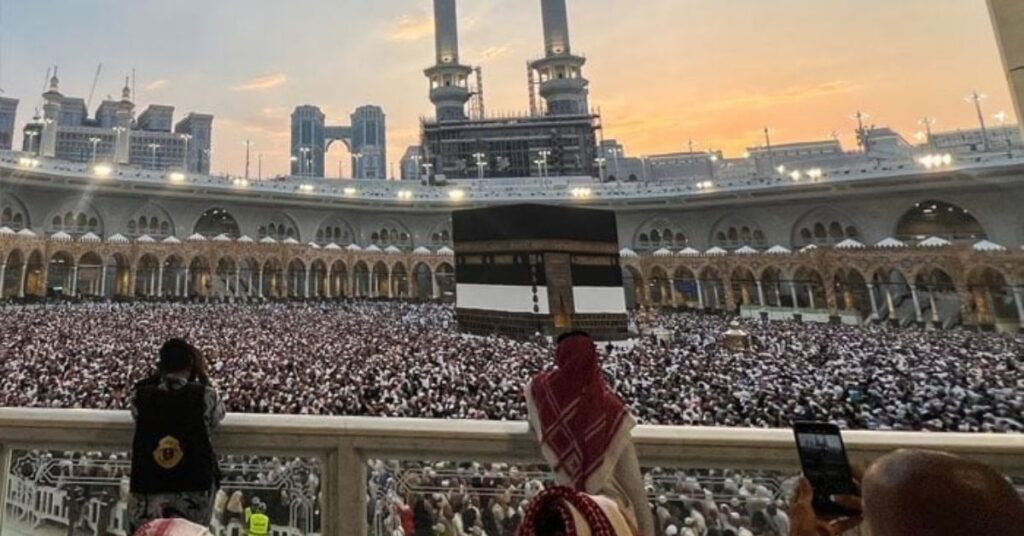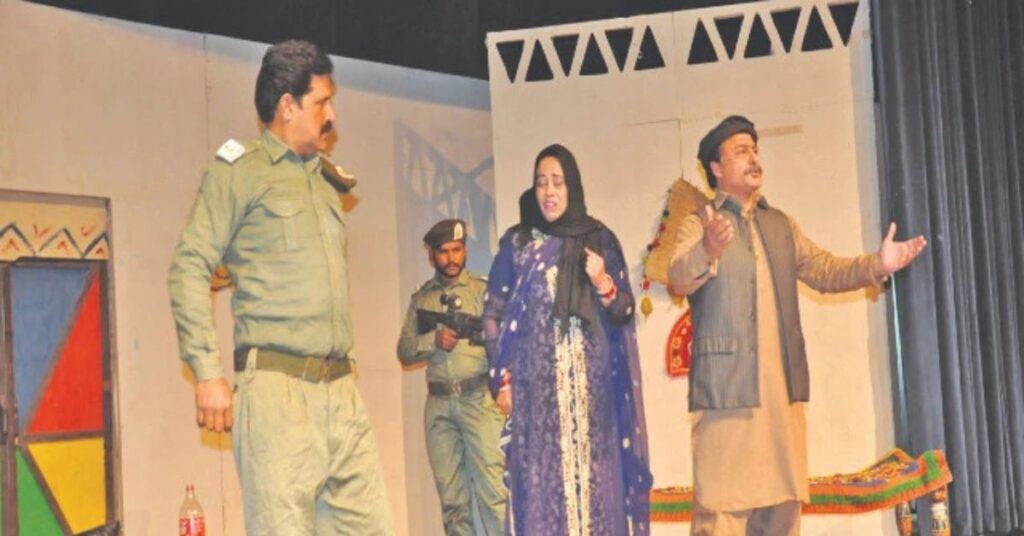MUZAFFARABAD (Kashmir English): In a recent development, the Federal Minister Dr. Tariq Fazal Chaudhry has stated that the Prime Minister Shehbaz Sharif has signaled talks with the Joint Awami Action Committee JAAC once he returns to Pakistan.
Though assenting to negotiate their demands, the prime minister also urged the JAAC to call off the protest, stating that some 98 per cent of their demands had already been agreed upon and only two were left pending.
Pakistan Muslim League-Nawaz veteran leader and AJK’s previous information minister, Mushtaq Ahmed Minhas, informed journalists in London that PM Shehbaz had asked the JAAC to cancel its call for the strike.
We discussed the issue of the strike with the prime minister. He heard us patiently and told us approximately 98 per cent of the demands of JAAC were already agreed upon, leaving behind only two demands,” Minhas stated.
PM Shehbaz assured him that within two days of his return to Pakistan, he would personally receive JAAC leaders, he added.
He added that the prime minister has also requested the JAAC to cancel the protest in Pakistan and Kashmir’s greater interest, saying that India can “highlight the demonstrations and it could become a source of embarrassment.”
At the same time, JAAC leadership and activists have been working tirelessly in various districts to mobilize support for the strike’s success.
Negotiations Failed with JAAC
Earlier, the JAAC had submitted a 38-point charter of demands that included the termination of elite privileges and the end to 12 legislative assembly seats reserved for Kashmiri refugees residing in Pakistan.
On Sept. 25, Federal Minister for Kashmir Affairs Amir Muqam and Minister for Parliamentary Affairs Tariq Fazal Chaudhry conducted 12-hour-long negotiations with JAAC and local government officials in Muzaffarabad.
Chaudhry subsequently stated all “practicable demands” had been approved, but some needed constitutional changes that could only be resolved by consensus with the other political parties and parliamentarians.




